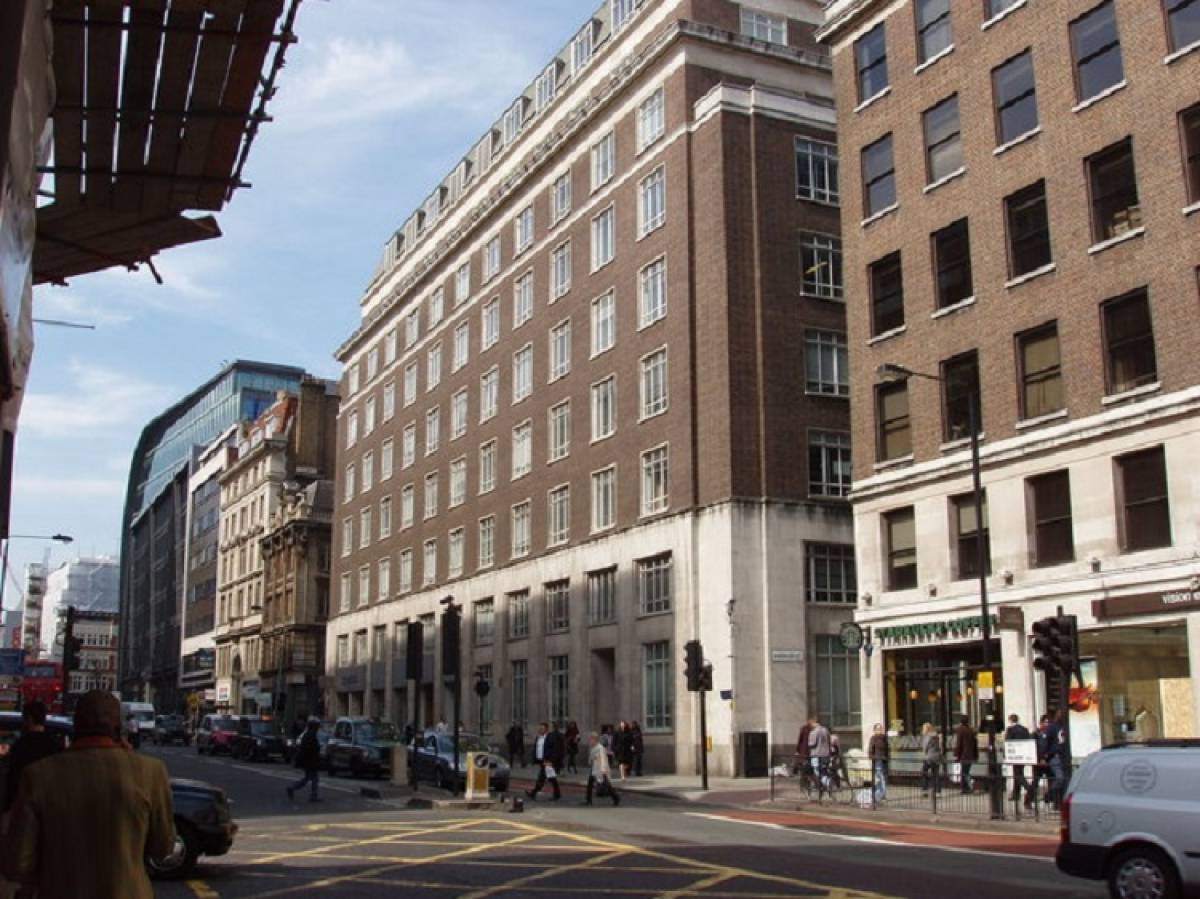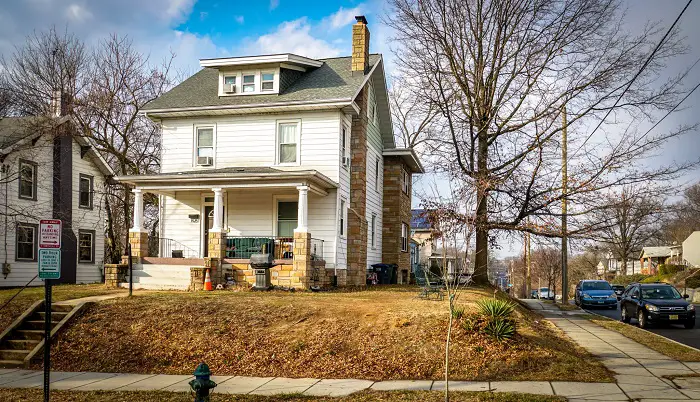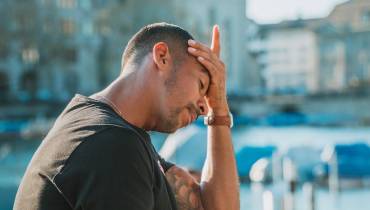What Happens to a House in Probate?

First Avenue House at 42-49 High Holborn London, UK has 19 Family Division courts. It also has the Probate Department of the Principal Registry with a complete set of calendars of wills and administrations in England and Wales from 1858. Photo: David Hawgood/Wikimedia.
If you have ever wondered what happens to a house when someone dies, then you should know that the house may undergo formal probate for a number of reasons, including when a will is unclear, contested, or invalid, or when the assets are held only in the deceased's name.
Most people are usually aware that the estate, including all of the deceased person’s possessions, is distributed according to their last will, or according to the state law if no will is present. But, what does it mean when a house is in probate?
Firstly, it’s worth noting there is no going around state law, even if the will is very clear and precise. This means that in some cases, the probate process is unavoidable.
For the most part, people are wary of the costs that probate can bring, the time it consumes, and the added stress and anxiety it can bring in a time that should be reserved for grievance. However, in most cases, probate is the only legal method to transfer the ownership of real estate from the deceased to the heir/s.
Probate is an official proving of a will, i.e., establishing the validity of that will. But, in practice, it is an entire process of organizing money, possessions, assets, and distribution of the deceased person’s estate supervised by the court.
Probate naturally involves taxation and paying off any debts, and it includes the will to administer. It is a legal procedure that enables the will beneficiaries to legally obtain all physical and financial assets that have been promised to them.
In the case of a probate house, sometimes the court assigns the state’s representative who oversees the sale of the house, for instance, when the original owner dies without a will, which is why you can sometimes see the sign “probate house” or “probate sale.”
DC house along 1428 Irving Street, NE, Washington USA. Photo: Allen Stewart.
So, to fully understand what happens to a house when someone dies, we need to understand the probate house process itself, and these are the key things to know:
- The probate process is a legal process
- Its length depends on several factors (will or no will, state laws, the estate size, taxes & depts, how many heirs, etc.)
- If there is a surviving spouse, he or she is automatically included in the process
- The court can supervise the probate sale if there was no will
- Its costs range from 3-7% or more of the value of the house in probate process (or estate)
- If the deed lists the deceased person, probate might be unavoidable
- Finding a good advisor for the probate process is crucial
What Happens to a House When Someone Dies?
After the services and all proper burial procedures are finished, people then turn to the deceased person’s assets, i.e., inheritance and distribution.
However, what is highly recommended is that, will or not, people hire an expert because it can be a lengthy and complicated process.
How Much Time Will My Inherited House Be in the Probate Process?
There is no way around the state laws and procedures, especially if some debt or unpaid taxes are involved. Laws differ from place to place, but they generally meet at certain common points.
After all the legalities are satisfied, the estate and assets will be distributed according to the original owner’s wishes.
What Happens to a House in Probate?
Firstly, the legal process can take anywhere from several months to even years, depending on the factors. We can all imagine the complications that may arise if the deceased party did not leave a will, and several people are fighting over the inheritance.
If there is a will, things are a lot easier. A will typically name one person as an executor, which can be one of the heirs or a third party. The executor sees to it that the deceased’s wishes be carried out as per the arrangements inside the will.
However, if not, then the court will assign a supervisor to either divide the estate equally among all the parties or otherwise, according to the particular circumstances of each case.
What Happens to the Personal Belongings Inside the House?
The belongings inside the house in the probate process are inventoried by the executor and appraised according to market value.
If the will doesn’t state otherwise, the belongings will be either distributed to the heirs accordingly or sold and the proceeds distributed to the beneficiaries.
So, in the end, the probate house procedure varies greatly from one case to another. It can be a smooth process, but even then, it might take some time to act according to state law and rules.
If things don’t go as smoothly, it might take years, or the worst-case scenario, last indefinitely.























